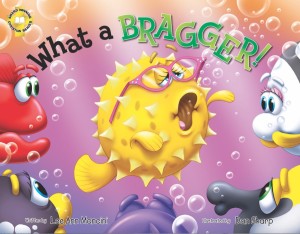Good Ethical Morals: Removing the Spirit of Lying!
Children witness what we say and do and what others around them say and do. There is a well-known adage:
“Watch your thoughts, they become words;
Watch your words, they become actions;
Watch your actions, they become habits;
Watch your habits, they become character;
Watch your character, for it becomes your destiny.”
When we find out that our children have acted unethically, sometimes we dismiss their behavior, telling ourselves that all children will fib, be rude, or act unethically at this age. We convince ourselves that they will grow out of it once they are older and know how to reason better. But is that the case?
The fact that we engage in unethical behavior proves that we do not completely “grow out of it.” What might seem like an innocent “white lie” could contribute to our little ones learning to lie. We must be very careful with our words. Some studies show that lying is the most common sin.
As parents, the first thing we must do is, to be honest with ourselves. We must examine our actions and ask ourselves if we are models of the godly ethics that we wish to instill in our children. We must heed Matthew 7:5, which states, “You hypocrite, first take the plank out of your own eye, and then you will see clearly to remove the speck from your brother’s eye.”
Perhaps your children have heard politicians lie on television. Perhaps they have heard an adult confess to having spoken untruthful words. The key point is that “children observe active lying by the adults in their lives. (One research study found that adults admit to lying an average of thirteen times a week!) We all tell lies of convenience, and our children watch and learn.”[1]
Some children lie out of fear, whether to protect a friend, to avoid a punishment or just to make themselves feel better. The second book in my series, Adventures of the Sea Kids, addresses this very issue. Melissa brags about owning things that she does not have. When her classmates at school find out that she lies to try to fit in better, they pray for her and show her kindness and acceptance. In the end, she learns that her friends love her for who she is and not for what she pretends to have.
Instilling godly, moral ethics begins at a young age. Don’t make the mistake of thinking your children’s actions are just a phase, not when those actions can become a life-long habit. Discuss the reasons underlying any unethical behavior in your children, and most importantly, be a living example for them. The Bible exhorts us, “And you yourself must be an example to them by doing good works of every kind. Let everything you do reflect the integrity and seriousness of your teaching” (Titus 2:7).
[1] http://www.scholastic.com/parents/resources/article/stages-milestones/truth-about-lying


